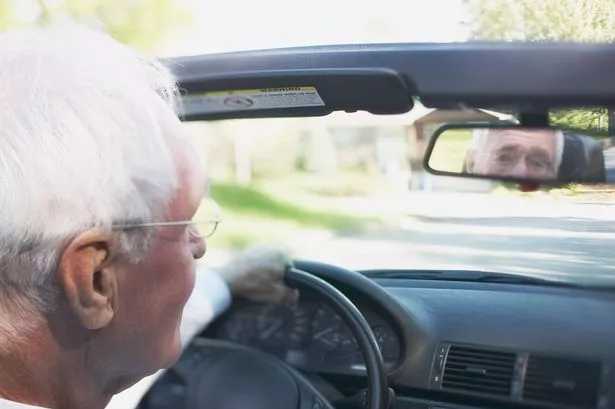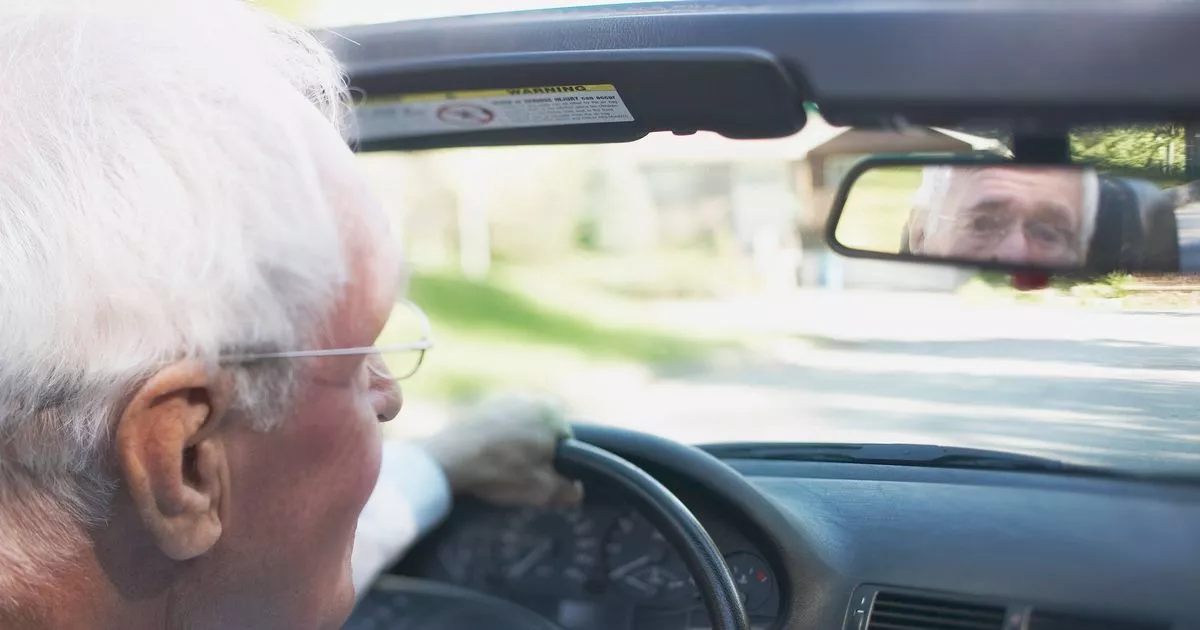The DVLA has shared a warning for drivers who take certain prescription drugs – here’s what you need to know Three common medications could lead to driving bans(Image: Jupiterimages via Getty Images)
Three common medications could lead to driving bans(Image: Jupiterimages via Getty Images)
Motorists taking three specific prescription medicines face potential driving bans under DVLA regulations. Greg Wilson, who established car insurance specialists Quotezone.co.uk, has cautioned drivers using opioid painkillers, tranquillisers or antidepressants.
He informed road users they would be advised to “avoid driving” should they be discovered operating a vehicle whilst under their influence. Greg elaborated: “If you are on strong medications, it is likely that you will be recommended to avoid driving.
“Opioid painkillers, tranquillisers, and certain antidepressants are examples of medicines that can affect driving ability – as well as those that cause drowsiness or say ‘do not operate heavy machinery.”, reports Birmingham Live.
Road safety charity Brake stated: “Many prescription and over-the-counter medications impair ability to drive safely, for instance causing drowsiness, affecting reaction times, coordination, concentration or vision.
We have a dedicated newsletter for ChronicleLive’s money-saving and cost of living stories. It’s free and you can sign up to receive it here. It will keep you up to date with all the latest money news and budgeting tips as well as stories on the cost of living crisis in our region.
“Warnings on medication can be vague or in small print only. They may indicate there is a risk of impairment but not relate it to driving. They may leave it to the user to judge their own level of impairment (which can be hard).”
Across England, Scotland and Wales, it remains against the law to operate a vehicle with legal substances in your system if they compromise your driving capabilities, the DVLA reminds road users.
Breaking the specified blood limits for particular substances when you haven’t been prescribed them constitutes a criminal offence. You’re permitted to drive after consuming these medications if they’ve been prescribed by a healthcare professional and you’ve adhered to their guidance on usage, or if they don’t impair your ability to drive even if you exceed the specified limits.
However, you could face prosecution if you operate a vehicle with certain levels of these drugs in your system without a prescription.
While this law doesn’t extend to Northern Ireland, you could still be apprehended if deemed unfit to drive, as per the DVLA’s advice.
